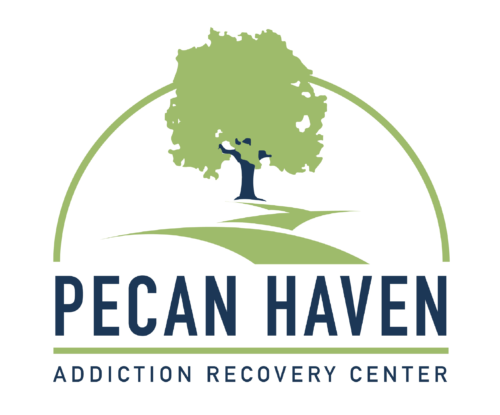Opioid addiction is a serious issue that affects millions of people worldwide. Unfortunately, it’s highly likely that you or someone you know has experienced this issue, either personally or through a loved one.
If someone you know is struggling with an opioid addiction right now, you might be feeling helpless or unsure how to help them.
While dealing with a loved one who has an opioid addiction can be distressing and difficult, there are some things you can do that will be truly helpful and supportive– without enabling the addiction.
Educate Yourself
The best thing you can do is fully understand the scope of the problem. Educate yourself about the condition.
Learn about the effects of opioids, the signs of addiction, and available treatment options– but also look into the psychology of addiction in order to gain some empathy about why they’re going through their current situation.
Going to the effort of educating yourself can help you understand what your loved one is going through, and how you can best support them.
Encourage Treatment
This can be a difficult conversation, especially with someone who’s struggling with addiction but doesn’t wish to freely admit that there is a problem.
It’s also very difficult to convince someone to seek treatment who doesn’t feel ready to quit– ultimately, the only person who can determine whether they quit or not is the individual dealing with the addiction.
You can’t guilt or coerce someone into seeking treatment.
It’s important to approach this topic with empathy and compassion. Let your loved one know that you care about them, and want to support them in their recovery. Offer to help them find treatment options or attend appointments or meetings with them.
Avoid Enabling Behaviors
If at all possible, avoid enabling your loved one’s addiction. Unfortunately, this includes providing them with money, shelter, or transportation that can be used to support their addiction.
It might be very difficult to resist giving your loved one money or shelter, and if you’re dealing with guilt because of that, it might be beneficial to seek out a 12-step program for loved ones of people dealing with addiction.
Set boundaries and stick to them, even if it’s difficult. Encourage them to take responsibility for their actions and seek help. More than providing money or shelter, this is what you can do that will ultimately be of the most help to them in their struggle.
Be Supportive
Support your loved one throughout their recovery journey, as much as you can.
This might involve attending counseling sessions, helping them make positive lifestyle changes, and offering emotional support. Even just spending time with them can make a big difference.
Let them know that you are there for them and that you believe in their ability to recover.
Take Care of Yourself
Don’t forget to take care of yourself when dealing with a loved one struggling with an opioid addiction. It’s important to practice self-care, set boundaries, and seek support for yourself if needed. This can help you remain strong and resilient, which allows you to show up as your best self for your loved one’s recovery.
Seek Professional Help
Helping a loved one with an opioid addiction can be a challenging and emotional experience. It’s important to educate yourself about the condition, avoid enabling behaviors, and show support while also taking care of yourself.
When your loved one is ready to seek professional help in their recovery, Pecan Haven is here to help them get their life back on track. Just give us a call or fill out our online assessment to begin the admissions process.
